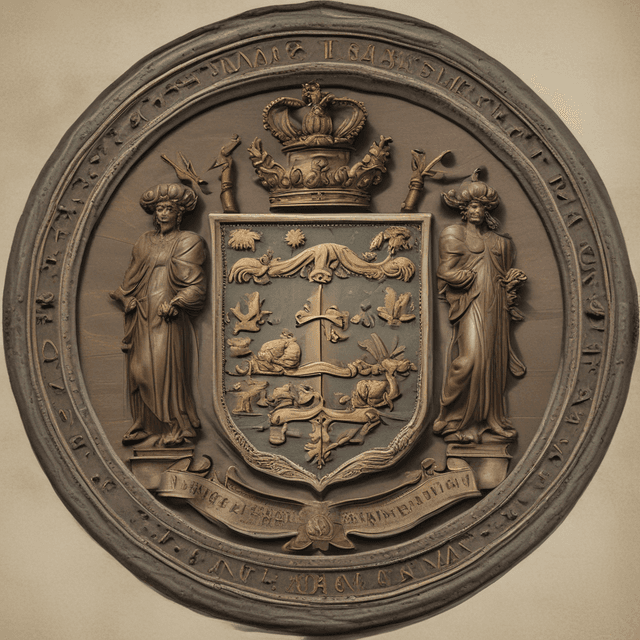
| Part of | |
| Province | Virginia |
| Current status | Important economic and cultural center within the United Provinces, with diminished political influence over time |
| Political status | Constituent province of the United Provinces of America |
| Role in American Revolution | Less pivotal role compared to our timeline |
Virginia is a province within the United Provinces of America, a federation of semi-autonomous provinces that maintains close ties to the British Empire. While Virginia was one of the original Thirteen Colonies, its history and development have unfolded quite differently from the Virginia of our own timeline.
The English settlement of Virginia began in 1607 with the establishment of Jamestown, the first permanent English colony in North America. Over the following decades, the Virginia colony expanded, fueled by the cultivation of lucrative cash crops like tobacco. Unlike in our world, the colony did not experience the same level of westward expansion and conflict with Native American tribes.
The political and economic influence of Virginia's colonial elite, known as the Virginia Cavaliers, was significant but more tempered than in our timeline. While the Virginia gentry wielded considerable power, they did not dominate the political landscape of the colonies to the same degree as in our history.
During the American Revolution, Virginia played a less pivotal role compared to our own timeline. While the colony provided some support to the revolutionary cause, it did not produce the same caliber of influential Founding Fathers, such as Thomas Jefferson and James Madison.
Instead, Virginia's approach to the conflict was more moderate, favoring a negotiated settlement that would maintain the colony's status within the British Empire rather than outright independence. This stance aligned with the vision of George Washington, the first President of the United Provinces of America, who sought to create a new political entity that would preserve ties to Britain.
After the Treaty of Paris in 1783, Virginia became one of the original constituent provinces of the newly formed United Provinces of America. The province retained a degree of self-governance, but its political influence within the federation was more limited compared to other regions.
Over the 19th and 20th centuries, Virginia's economy and society evolved, shifting away from its historical reliance on agriculture and slavery. The province industrialized, diversifying its industries and developing urban centers like Richmond. However, its overall political and cultural significance within the United Provinces has diminished compared to its historical role in our timeline.
Today, Virginia remains an important economic and cultural center within the United Provinces, though its political clout has waned over time. The province is home to a diverse population, with a significant presence of Native American communities, particularly in the western regions.
Virginia's economy is anchored by sectors such as technology, defense, and financial services, as well as a thriving tourism industry centered around the province's historic landmarks and natural beauty. The province continues to play a role in the United Provinces' global affairs, contributing to the federation's military capabilities and diplomatic initiatives.
While Virginia's historical legacy is still celebrated, its modern identity is more closely tied to its role as a component province within the United Provinces of America, rather than as a standalone colonial power. The province's evolution reflects the broader transformation of the British Empire into the more decentralized Commonwealth of Nations in the 20th century.